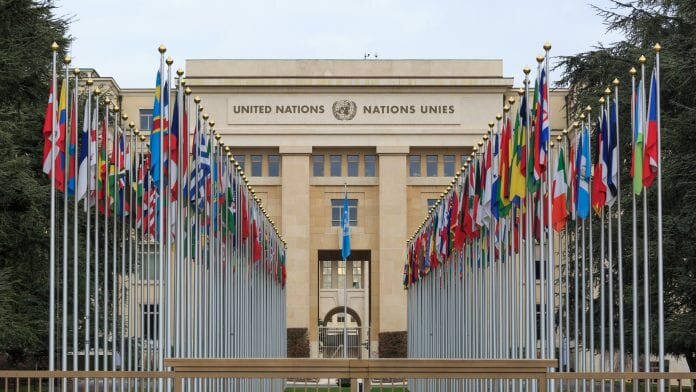
Austria has refused to sign the United Nations migration treaty which will be signed in December by other UN members, excluding the USA and Hungary.
The 34-page Global Compact for Safe, Orderly and Regular Migration lays out 23 objectives to streamline the flow of refugees and cement their rights once they reach their potentially adopted countries. It was signed off in July by all 193 UN member states except the US; Hungarian Prime Minister Viktor Orbán later dropped out of the agreement and Poland has suggested it may do the same. The United Nations migration treaty aims to:
- Address humanitarian and developmental aspects of international migration;
- Present a framework to enhance international cooperation on matters surrounding migration;
- Identify a range of “actionable commitments” and means by which those commitments can be implemented; and
- Function under the principles of the 2030 Agenda for Sustainable Development, the Addis Ababa Action Agenda; and the Declaration of the 2013 High-Level Dialogue on International Migration and Development.
The United Nations migration treaty, which is expected to be the first intergovernmentally negotiated, UN-approved agreement to cover all aspects of international migration “in a holistic and comprehensive manner”, will be signed in December at the UN Assembly in Marrakech; and the UN will vote on its final state in 2019.
Austrian Chancellor Sebastian Kurz, an anti-immigration conservative governing in coalition with the populist Freedom Party, said that Austria would not be sending a representative to the December signing and that it would abstain from voting next year. He told Austria’s ORF radio: “We view some points of the migration pact very critically, such as the mixing up of seeking protection with labour migration.”
Kurz and Austrian Vice Chancellor Heinz-Christian Strache have previously expressed concerns about the United Nations migration treaty, alleging it risks restricting the sovereignty of signatory countries and could “blur the lines” between legal and illegal migration.


















